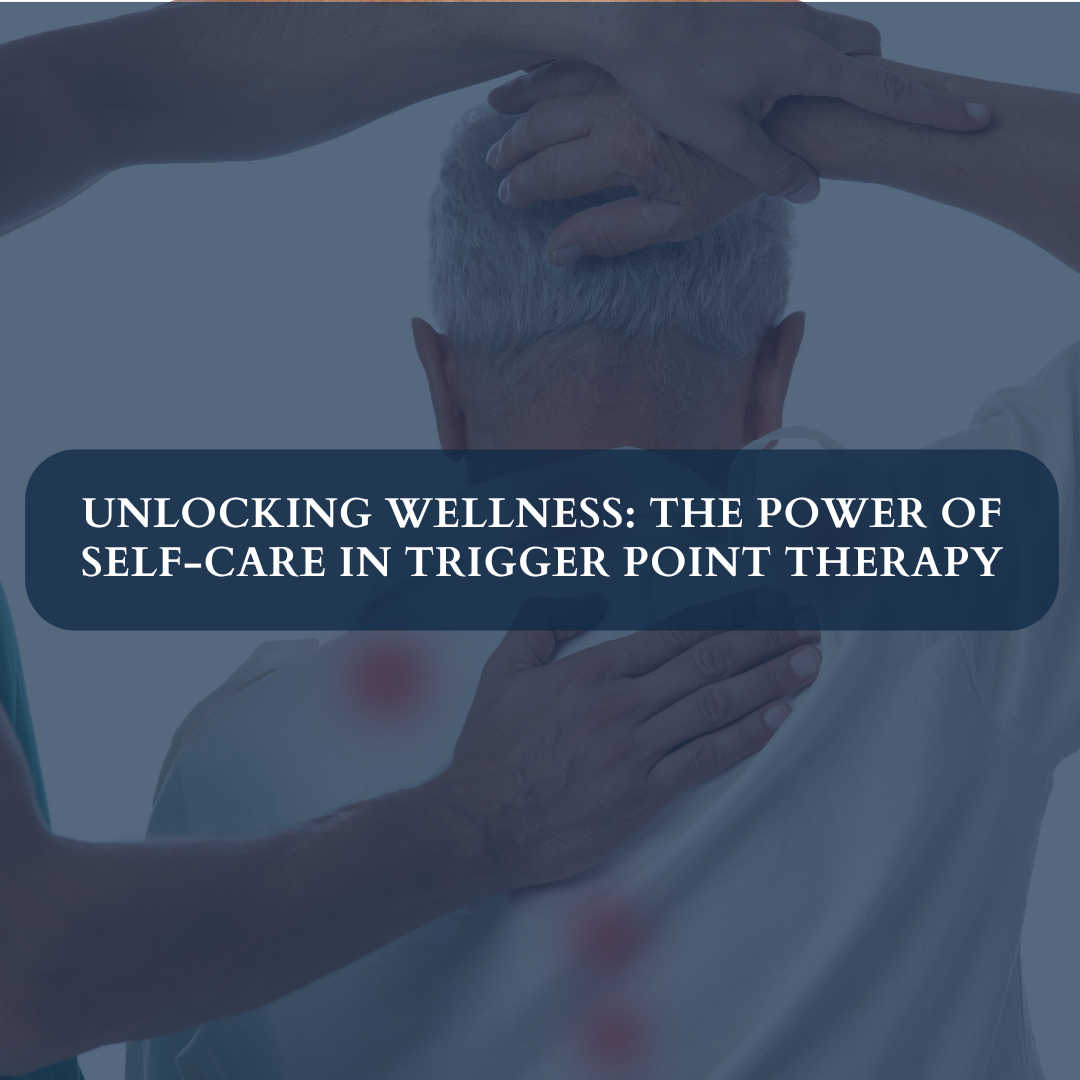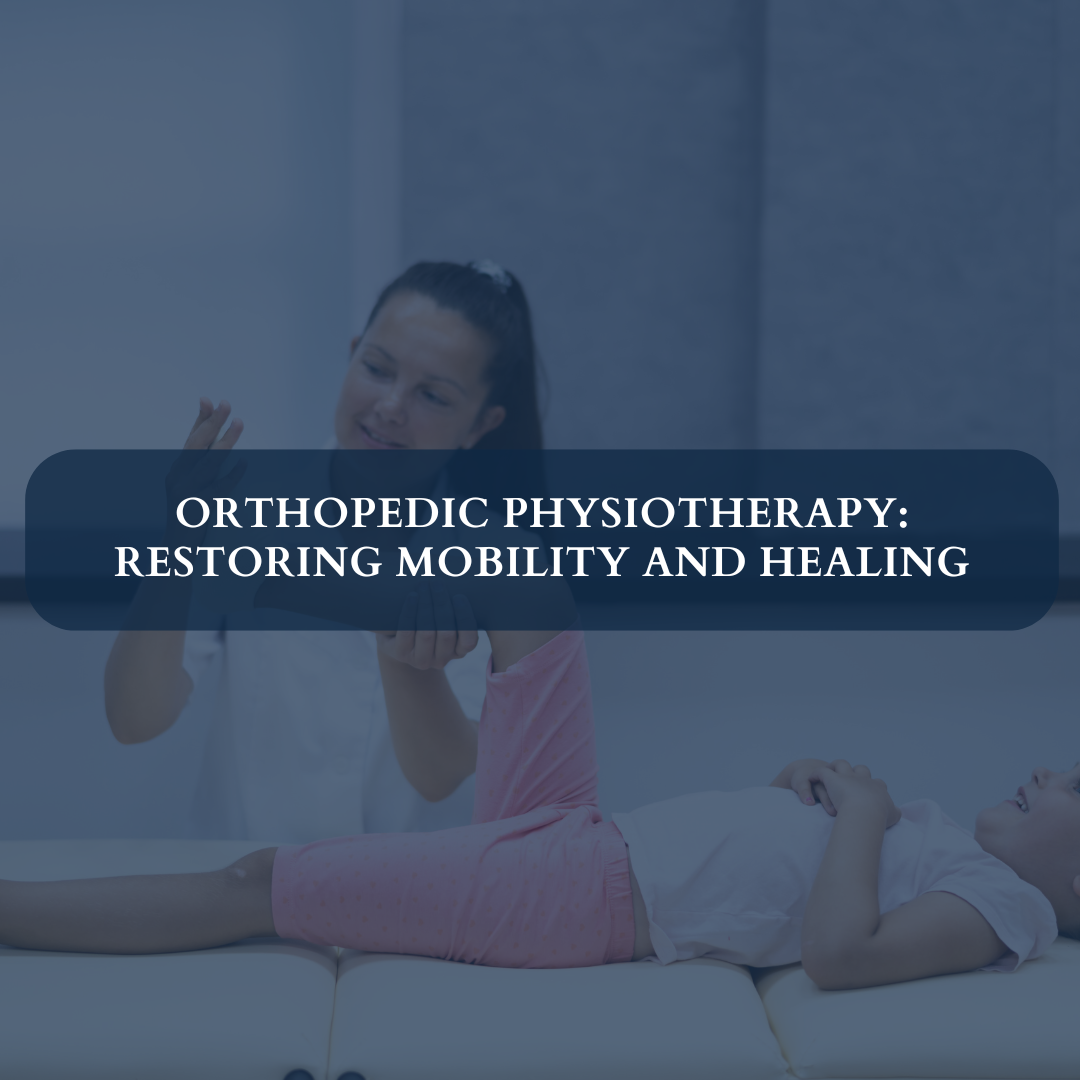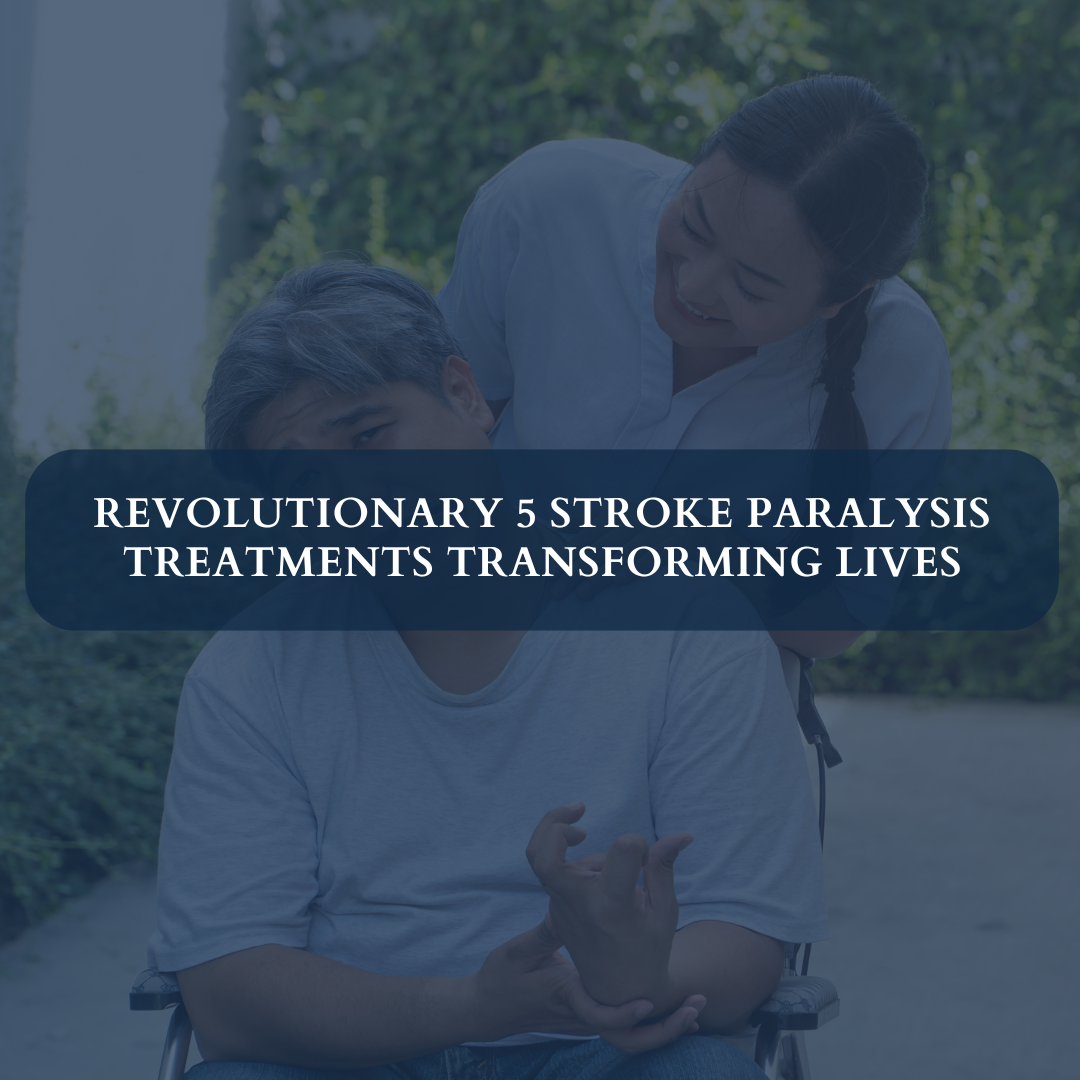In today’s fast-paced world, stress and tension seem to be constant companions for many. Whether it’s due to demanding work schedules, hectic personal lives, or the ever-present digital overload, our bodies often bear the brunt of these pressures. Amidst this chaos, finding moments of tranquility and relaxation becomes paramount for our overall well-being. This is where trigger point therapy, coupled with self-care practices, emerges as a beacon of hope.
Understanding Trigger Points
Before delving into the realm of self-care, it’s essential to grasp the concept of trigger points. These are hyperirritable spots in skeletal muscle that are associated with palpable nodules in taut bands of muscle fibers. When activated, trigger points can cause localized pain or refer pain to other areas of the body, leading to discomfort and restricted movement. Trigger point therapy aims to alleviate these issues by applying pressure to these specific points, releasing tension and restoring muscle function.
The Importance of Self-Care
Self-care is not merely a luxury; it’s a necessity for maintaining optimal health and well-being. Incorporating self-care practices into your daily routine can have profound effects on both your physical and mental health. When it comes to trigger point therapy, self-care plays a crucial role in enhancing the efficacy of treatment and promoting long-term relief.
1. Mindful Breathing
One of the simplest yet most effective self-care techniques is mindful breathing. By focusing on your breath, you can induce a state of relaxation, which is conducive to trigger point release. Practice deep breathing exercises regularly to oxygenate your muscles and promote healing from within.
2. Stress Management
Chronic stress can exacerbate muscle tension and trigger point pain. Engage in stress-reducing activities such as yoga, meditation, or tai chi to calm your mind and soothe your muscles. Incorporating these practices into your routine can help prevent the recurrence of trigger points.
3. Hydration
Proper hydration is essential for maintaining muscle health and facilitating the elimination of toxins from the body. Aim to drink at least eight glasses of water per day to keep your muscles hydrated and supple. You can also incorporate hydrating foods such as fruits and vegetables into your diet for added benefits.
4. Stretching and Exercise
Regular stretching and exercise are vital components of self-care for trigger point therapy. Gentle stretching helps improve flexibility, relieve muscle tension, and prevent the formation of new trigger points. Incorporate exercises that target problem areas to strengthen muscles and promote overall well-being.
5. Quality Sleep
Sleep is the body’s natural healing mechanism, and adequate rest is crucial for recovery from trigger point pain. Prioritize sleep hygiene by creating a relaxing bedtime routine, avoiding screens before bed, and ensuring your sleep environment is conducive to restorative rest.
Implementing Self-Care Practices
Now that you understand the importance of self-care in trigger point therapy, it’s time to put these practices into action. Here are some actionable steps you can take to integrate self-care into your daily life:
1. Create a Self-Care Routine
Designate specific times throughout the day for self-care activities. Whether it’s a morning yoga session, a midday meditation break, or an evening stretch routine, scheduling self-care into your day ensures that it becomes a priority.
2. Listen to Your Body
Pay attention to the signals your body is sending you. If you notice areas of tension or discomfort, take the time to address them through self-care practices such as massage, stretching, or relaxation techniques.
3. Seek Professional Help
While self-care practices can be beneficial, it’s essential to seek professional guidance for persistent or severe trigger point pain. A qualified healthcare provider or a licensed massage therapist can provide personalized treatment plans tailored to your specific needs.
Conclusion: Prioritize Your Well-Being
In conclusion, self-care is a fundamental aspect of trigger point therapy that should not be overlooked. By incorporating mindful breathing, stress management techniques, hydration, exercise, and quality sleep into your routine, you can enhance the effectiveness of trigger point therapy and promote overall wellness. Remember to listen to your body’s needs and seek professional help when necessary. Prioritizing self-care is not selfish; it’s an investment in your health and well-being that pays dividends in the long run.
Ready to explore your options for chiropractic and physiotherapy?
Contact SwastyaPhysio today to schedule a consultation and discover the best path to your wellness journey. We’re here to support your health every step of the way.
Banaswadi | HBR layout | Kalyan Nagar | Kammanahalli | Horamavu | Hennur






